
70 years since the Korean War broke out ··· Vanished ‘grandmothers of military camptowns’
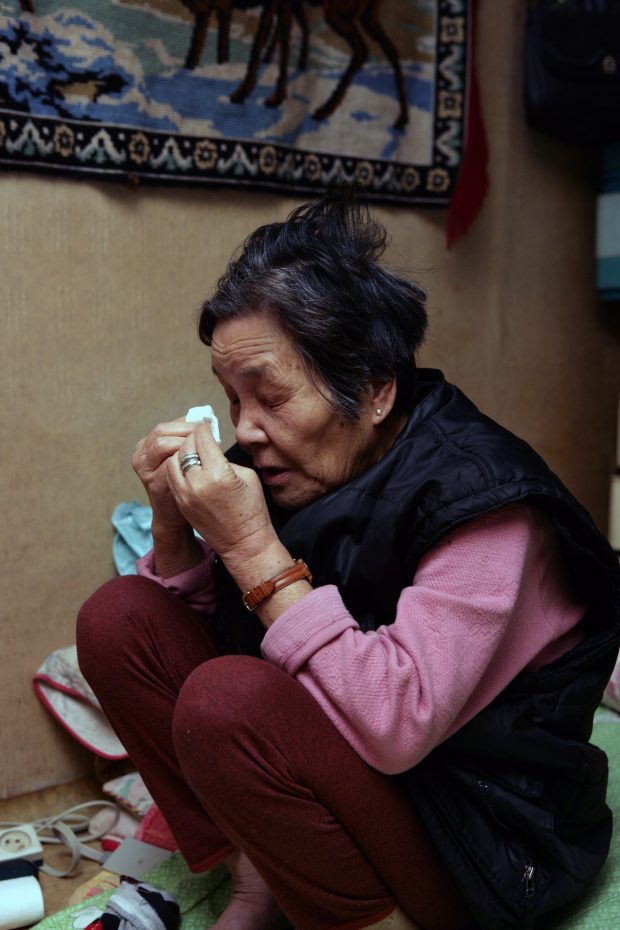
Choi Jai Hoon
Reporter at KyeongIn Daily News
SEOUL: 2020 marks the 70th year since the Korean War broke out. Korea, having succeeded in both industrialization and democratization, is a rarity in world history. However, behind this progress stand citizens who spared no blood or sweat. Some of them had to live in tragic conditions and to make huge sacrifices.
Starting from right after the Korean War when two meals a day was a challenge during the barley hump, in the 1960s to 70s, there were women in their youth dived into the U.S. military camptown with nothing but their body. Even amidst the name-calling and poor treatment for being ‘foreigners’ whore’ and ‘foreigners’ wife’, they certainly played the ‘leading role for dollar earning’ which served as the foundation of Korean economy. They also were a ‘filial daughter’ and ‘older sister’ who paid for living of their families and tuition for younger brothers.
Especially, women from deprived class flocked to materially affluent U.S. military camptown area. Most came to the military camptown to eke out a living. Military camptown were formed centering around U.S. military camps including Uijeongbu and Dongducheon, and the foreign currency trickled out from them provided a base for Korean economy.
However, grandmothers from the military camptown started to vanish with the withdrawal of U.S. Armed Forces in the mid-1990s.
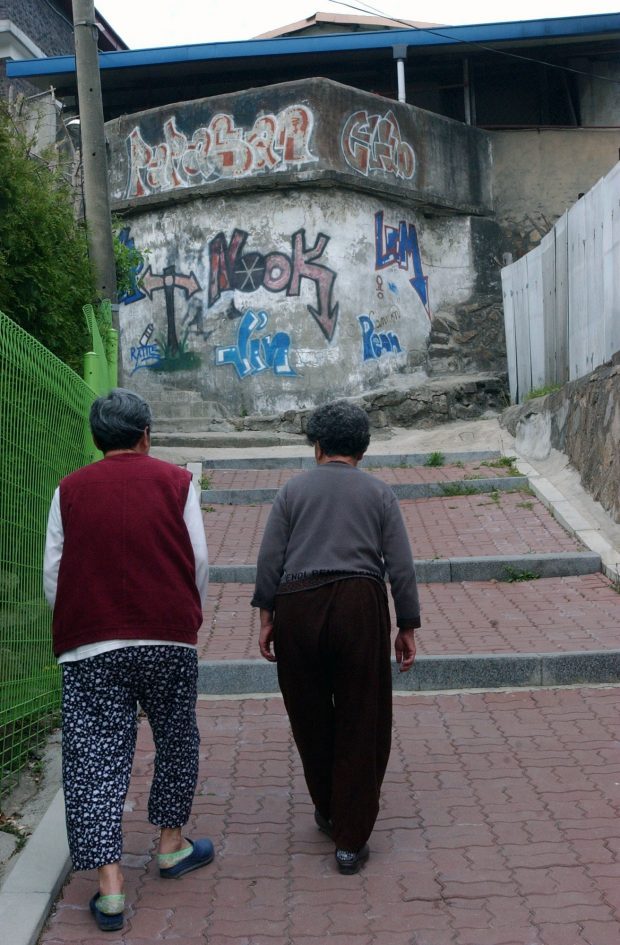
One case particularly brought about a great change: A murder case of a woman from military camptown, called ‘Yun Kuem Yi Murder Case’.
Yun Kuem Yi Murder Case refers to the case of Yun Keum Yi, 26 year-old at the time, who had worked at a bar in Dongducheon military camptown, being murdered by Kenneth Lee MarkleⅢ, a private from the 2nd division of US Forces in Korea.
The cause of death at the time was a dent in face due to being hit by a coke bottle and excessive bleeding from it. When her body was found, inside her womb were two beer bottles while the genital area had a about a half of coke bottle inserted.
Due to this case, the crime of US Armed Forces in Korea was brought to the social matter, and upon this incident, an amendment movement on U.S. South Korea Status of Forces Agreement (SOFA) had begun in earnest. The culprit Kenneth Lee Markle private was sentenced to 15 years in prison and imprisoned in Cheonan Prison on May 17, 1994.
While serving his sentence there, he was released on parole on August 14, 2006 and deported to the U.S.
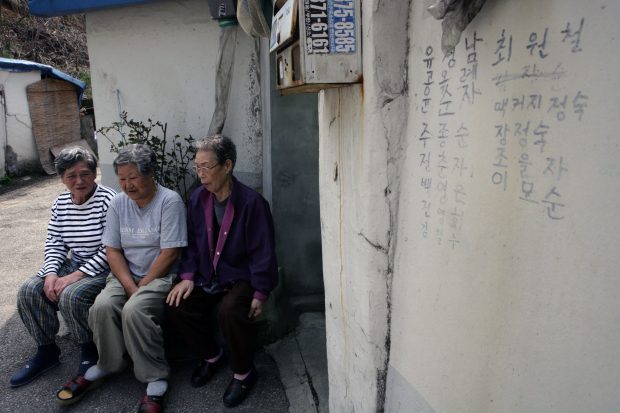
After 2003 when US Armed Forces in Korea began to leave, amidst a wave of sudden change flowing in the U.S. military camptown in Paju·Dongducheon·Uijeongbu, I went to cover the grandmothers of military camptown in 2007.
At the time, I found ‘Bbaebeol’ town, which was a post of the US Military Camp Stanley in Gosan-dong, Uijeongbu where grandmothers, over the age of seventy, coming from a military camptown ave been living in groups without being able to leave a military camptown and a military camptown of Gareung-dong, Uijeongbu (alias Yellow Bridge) located near Camp Red Cloud of U.S. 2nd Division.
Of course, as of now, all of the U.S. Armed Forces had left, apartments were built, and finding a trace of military camptowns women became difficult.
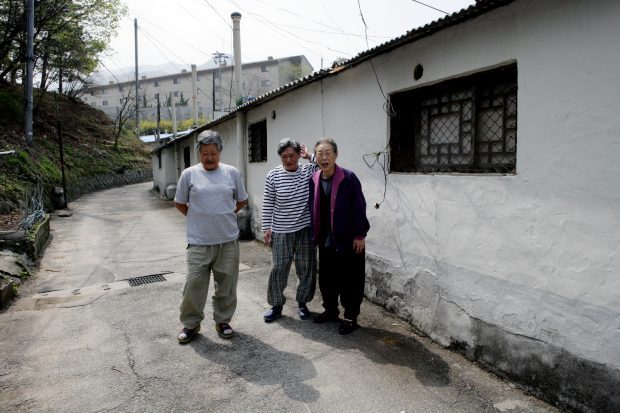
In 2007, I shed spotlights on the yesterday and today of military camptown grandmothers who once were ‘foreigners’ whore’ in the Northern Gyeonggi such as Uijeongbu and Dongducheon in a series of articles and I was honored with the Journalist of the Month Award by the Journalists Association of Korea (JAK).
Marking the 70th year of the Korean War, the life scene of grandmothers of military camptown 13 years ago comes to mind vividly.
They undertook the living of their families at the cost of selling their bodies in the military camptown, but their families turned away from them in most cases.
At the time, in these two places, there were over fifty grandmothers over the age of seventy, but now, they all are scattered and they have disappeared. Survivors are assumed to be very rare as many were suffering from chronic illnesses such as Parkinsonism and they are over 80s.
Entangled stories of Grandmothers Kim and Lee who were near seventy years old in 2007 cut into my heart.
Grandmother Kim, whose hometown is in North Korea, came down by herself during the Korean War and wandered in Daegu and Busan. Every man she met tried to drag her to a military camptown. How terribly unlucky!
After lurking about for a while, she ended up seeping into Yellow Bridge around her late thirties. These two grandmothers lived together in that compact room over forty years. Up to here, the story is told by grandmother Lee. But she did not share her story to the end.
She only repeated “I hope to die with her on the same day and time. There is no one to take care of us… Though we were unlucky until now, I hope we have the luck to die together.”
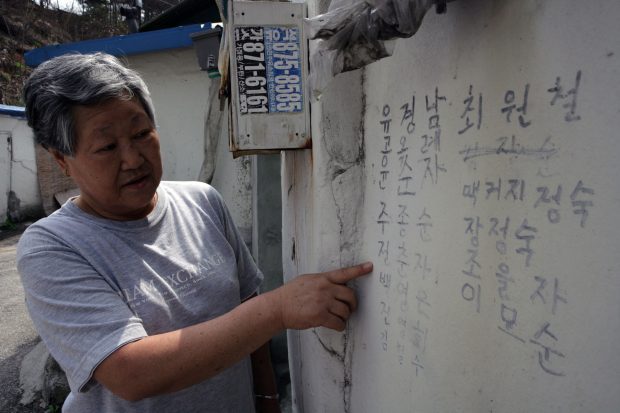
Another person abides in memory: Choi Bok-soon, 56 years old at the time, whom I met in the Bbaebeol town in Gosan-dong.
Grandmother Choi, whose hometown is Gyeongsang-do, also came to this place in 1977.
Born as the first daughter among 2 sons and 4 daughters, she barely finished elementary school and started to live as a kitchen maid at an uncle’s house in Uijeongbu.
However, after being sexually assaulted by her cousin, she left the house under the shock and became a woman in the military camptown. At that time, she said that “at one time, I earned quite good money and made two of my younger sisters finish middle school. But once they knew I was a foreigners’ whore, they severed contact with me. The same goes with my family…. All I know is that my other siblings live somewhere in Daegu, and I heard this ten years ago. What is the point of looking for my family now?”
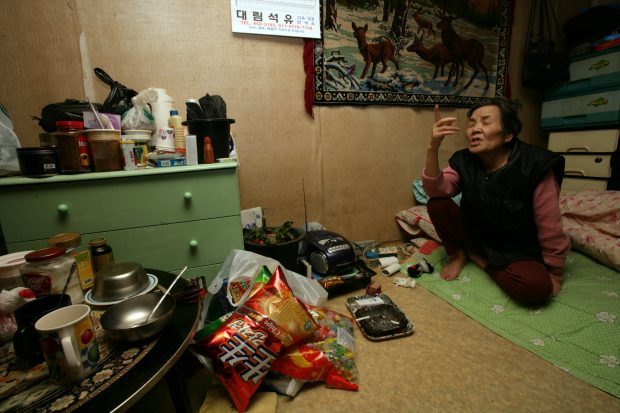
I also recall another person, known as the first military camptown woman of Bbaebeol area, grandmother Yoon Soon-ja, 83 years old at the time. Grandmother Yoon lost her husband and his family in hometown, Sinuiju, Pyeonganbuk-do during the Korean War and she moved to Seoul by herself.
While wandering around the street, she went into Bbaebeol to make a living at the age of 23. After, she fell in love with an African American soldier and gave birth to a son, 53 years old at the time, but the husband returned to his country after some time and she struggled to raise her son alone.
The lives of the grandmothers were exhausted and difficult, but there was never any resentment. When I think of them, my eyes still get wet. <Photo by Jaehoon Choi>
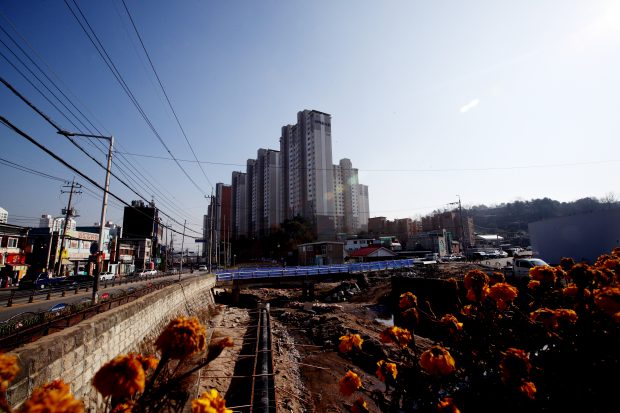
Having a difficult time seeing her son suffering from the name-calling and bullying from the surrounding, she eventually gave her son, the only family, up for adoption in elementary school.
“I really wanted to raise him. But I thought the U.S. for him will be better than staying in Korea with me.”
With tears in her eyes as she talked about her son, she said she goes to the doctor three to four times a week due to a stomach ulcer.
When I interviewed her in 2007, people around her said that “Her illness is cancer and she will not be able to live that long”. Though the chance is very small, if she survived, she will be a hundred years old this year.
In the early winter of 2020 marking the 70th year of the Korean War, I recall these grandmothers. Shouldn’t we pay this tribute to their lives in which they sacrificed themselves for their families?
We will remember grandmothers’ noble lives for a long time.


